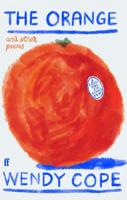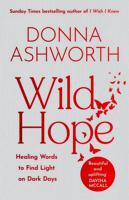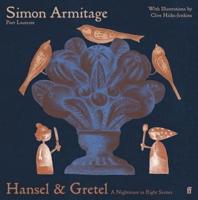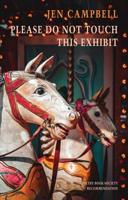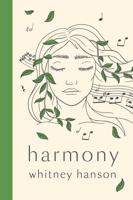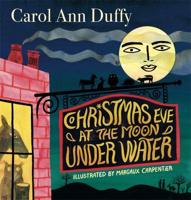Publisher's Synopsis
Joy Harjo is a powerful voice for her Creek (Muscogee) tribe ("a stolen people in a stolen land"), for other oppressed people, and for herself. Her poems, both sacred ad secular, are written with the passions of anger, grief, and love, at once tender and furious. They are rooted in the land; they are one with the deer and the fox, the hawk and the eagle, the sun, moon, and wind, and the seasons - "spring/ was lean and hungry with he hope of children and corn." There are enemies here, also lovers; there are ghost dancers, ancestors old and new, who rise again "to walk in shoes of fire." Indeed, fire and its aftermath is a constant image in the burning book. Skies are"incendiary"; the "smoke of dawn" turns enemies into ashes: "I am fire eaten by wind." "Your fire scorched/ my lips." "I am lighting the fire that crawls from my spine/ to the gods with a coal from my sister's flame." But the spirit of this book is not consumed. It is not limited by mad love or war, and"there is something larger than the memory/ of a dispossessed people." That something larger is, for example, revolution, freedom, birth.

